factchecking
Latest

Study finds key flaws in Twitter's Birdwatch fact-checking program
The crowdsourced system has partisanship and citation issues, according to a Poynter analysis.

Instagram will down-rank posts debunked by fact checkers
Instagram is finally giving disinformation, hoaxes and conspiracy theories the same treatment as Facebook does. The company announced that it will down-rank posts that have been debunked by fact checkers as part of its effort to fight misinformation in the wake of the coronavirus pandemic. The photo sharing app began sending posts to third-party checkers last year, but until now those posts could still appear prominently in users' feeds, even if they carried "false information labels." (The app has taken steps to hide posts from public-facing areas of the app like Explore and hashtag pages.) Facebook, on the other hand, has been working with third-party fact-checkers to debunk and bury posts since 2016.
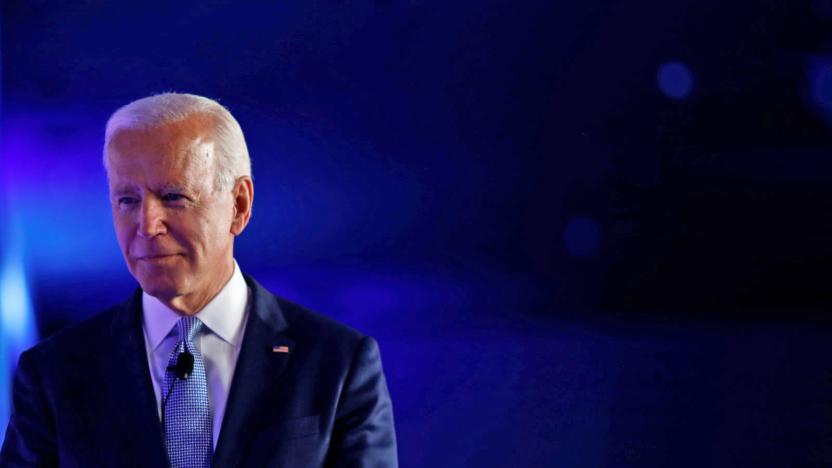
Facebook rejects Biden's request to remove false Trump attack ad
Facebook has rejected a request by Joe Biden's presidential campaign to pull down or demote a Donald Trump ad it says contains misinformation. The campaign asked the company to take action against an ad which suggests that "Biden promised Ukraine $1 billion dollars if they fired the prosecutor investigating his son's company." In a letter to Biden's camp obtained by The New York Times, Facebook declined to do so.

Facebook makes clear that posts by politicians can break 'normal' rules
Pretty much anything a politician says on Facebook goes, from the company's perspective. It typically won't remove their posts under its content guidelines and it doesn't fact check them. However, it might still limit the spread of political posts that include previously debunked misinformation (say, a climate change-denying video its fact checkers have discredited).
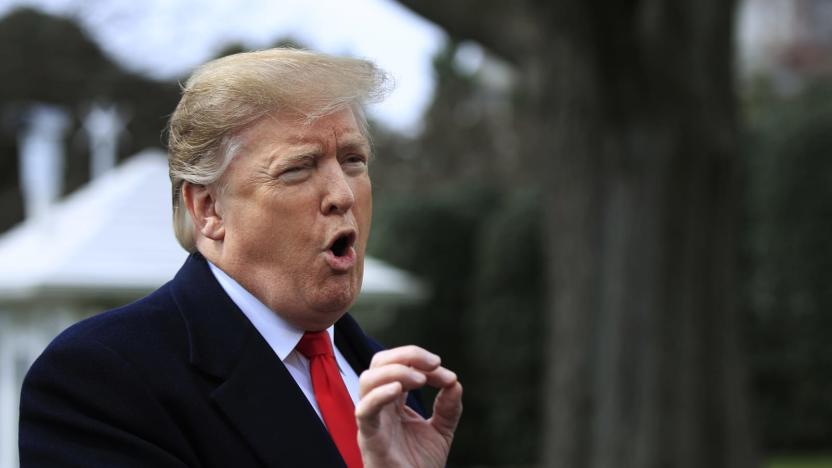
Researchers find Twitter is good for amplifying lies
When it comes to spreading President Trump's false and misleading remarks, Twitter is a perfect storm. A study by Media Matters found that when tweeting about Trump's statements, major news outlets include false information 30 percent of the time. And 65 percent of the time, news outlets fail to provide corrections or context in the body of those tweets. That's especially troublesome given that so many people get their news via tweets and headlines and do not fully read most stories, where they might find more context.
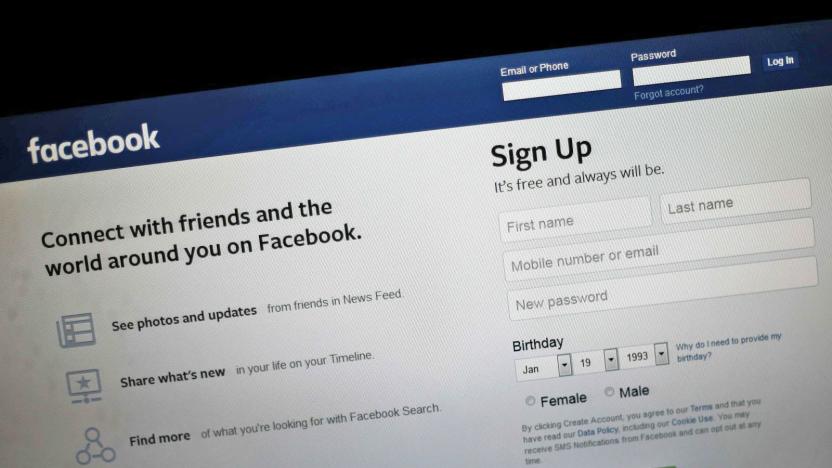
Snopes ends fact-checking partnership with Facebook
Snopes is no longer helping Facebook debunk fake stories. the fact-checking company announced Friday that it isn't renewing its agreement with the social networking giant. Snopes said that it is still open to working with Facebook again in the future, but the small operation simply didn't have the bandwidth to continue helping debunk bad information being spread across Facebook's platform.

Recommended Reading: The plight of fact-checkers in the fake news era
The fact-checkers who want to save the world Kate Knibbs, The Ringer In the era of fake news and rampant misinformation, fact-checkers are a key line of defense and an important tool in separating truth from lies. The Ringer takes a look a the organizations and individuals who have accepted the challenge, shifting through stories and even fact-checking those claiming to be fact-checkers.
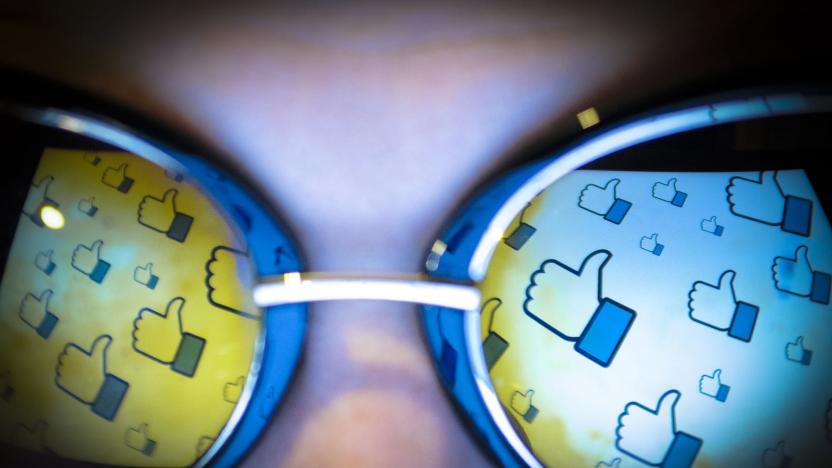
Facebook shrinks fake news links in hopes you'll miss them
Facebook has tried numerous methods in a bid to fight fake news. Not all of them are successful, though, and it's now clear that they can even backfire. Its decision to flag false stories led to more sharing as those determined to believe the claims were incensed. The social network has a new strategy, though: rather than draw attention to the links, it's shrinking them. Facebook told TechCrunch that it's reducing the "visual prominence" of known false stories. You may only see a tiny thumbnail and brief text description for a hoax, but an accurate story will have a large image and bold text. The aim, as you've no doubt guessed, is to boost the chances you'll miss a bogus story while scrolling through your News Feed.
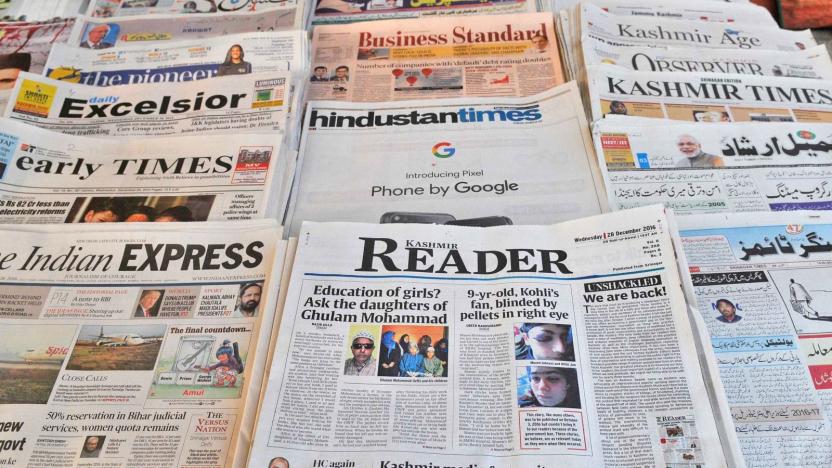
Facebook begins fact-checking news stories in India
Facebook announced this week that it has begun piloting a fact-checking program in India, it's largest market. Boom, which is certified through the International Fact-Checking Network, will review English language stories flagged on Facebook and provide accuracy ratings after checking the stories' facts. The pilot will first roll out in the Indian state of Karnataka where an important election is scheduled to take place in May.
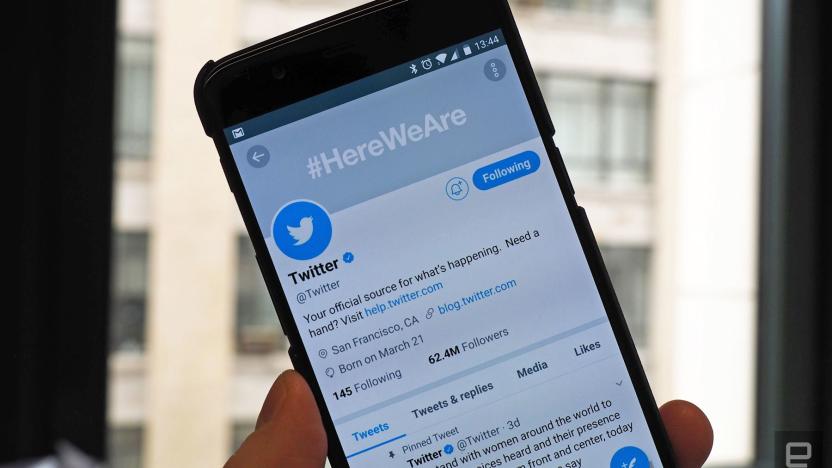
Study finds fake news spreads faster and further on Twitter than truth
There's been a lot of discussion about fake news, how it spreads on social networks and how it impacts behaviors like political decisions. But there hasn't really been an in-depth look into how true and false information spreads on sites like Facebook or Twitter, nor has there been an analysis on how big of a role bots play in that spread. Well three researchers at MIT have just published a study in Science that does just that and their work finds that false information spreads faster, further, deeper and more broadly than true information and that humans, not bots, are to blame.
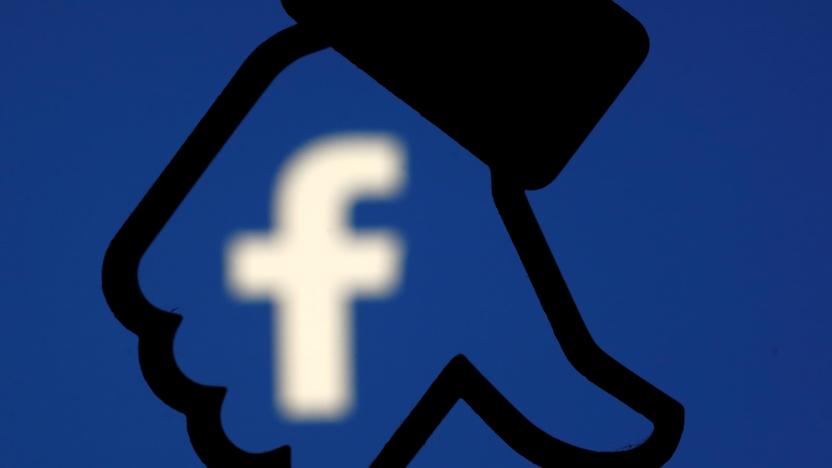
Facebook may be losing the fight against fake news
Facebook has made quite a few headlines when it comes to fake news. In September, it was revealed that Russian groups may have spent $100,000 or more disseminating fake news posts on the social media platform during the 2016 election season. The company has issued a new set of media guidelines that it hopes will improve the News Feed's algorithms and filter out fake news. However, now Facebook's fact checkers are speaking out, and their perspective is a grim one. According to The Guardian, Facebook's latest war on fake news has failed and the entire thing has become nothing more than a PR campaign.
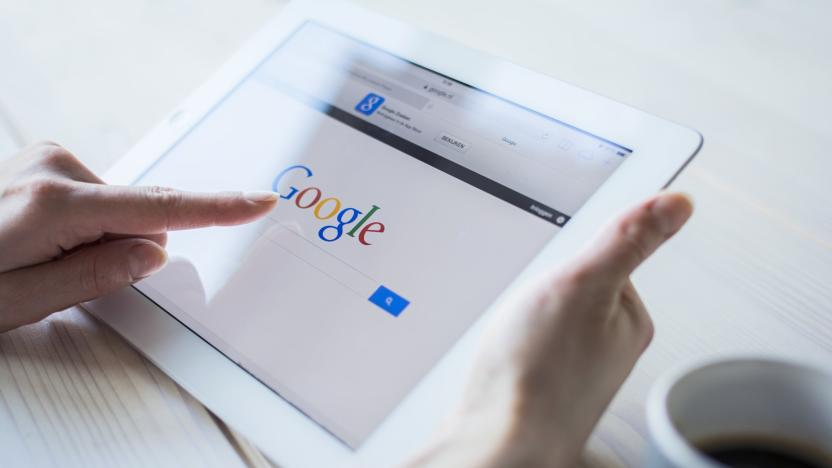
Google partners with fact-checking network to fight fake news
Google is taking its battle against misleading information to the real world. The company has partnered with the International Fact-Checking Network, a nonpartisan organization run by The Poynter Institute that advocates across the globe for accuracy in online articles. The IFCN holds an annual fact-checking conference, funds fellowships and provides training for would-be fake-news detectives, plus it's the author behind a widely accepted code of principles for media organizations.

Facebook aims to balance its fact-checking with a right-wing magazine
Facebook made much ado about bringing on third-party fact-checkers to curb fake news. However, it has faced accusations that the fact-checkers themselves are biased -- allegedly, too many of them skew to the left. And it appears that Facebook wants to alter this perception. Quartz sources claim that Facebook has signed on conservative magazine Weekly Standard as one of its fact-checking partners. Reportedly, this is a bid to "appease all sides" by picking a publication that combines a right-wing bent with an attention to accuracy.
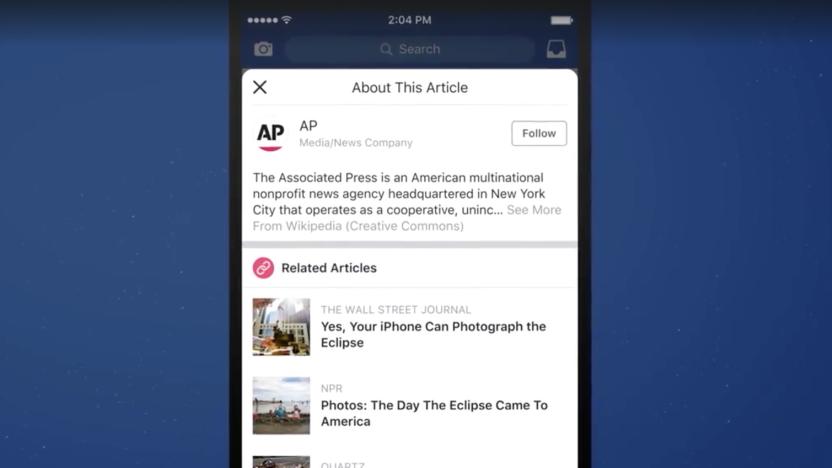
Facebook tests a feature that provides info on article publishers
Facebook is still working out how to reduce the reach of fake news and misinformation on its site and today, it starts testing a new feature that sounds like it might be pretty useful. When an article link is shared in someone's News Feed, there will now be a small "i" button that will bring up additional information about the publisher and article when clicked. It will include information from the publisher's Wikipedia page, a link to follow its Facebook Page, Trending and Related articles about the same topic and a graphic on where and how the article is being shared across Facebook. When any of that information isn't available, Facebook will say that explicitly. That in itself is pretty useful. For example, if there's no Wikipedia page for the publisher of the piece, it could mean it's not a reputable outlet.

Facebook’s fact-checkers say the company is withholding useful data
Facebook has been plucking away at its big fake news problem over the last few months. So far, it has cut off fake news sites from ad revenue and blocked advertisements from Pages that spread fake news. It has also deprioritized false reports and posts shared by high-frequency posters. And the company has also been incorporating fact-checkers into its system who go through articles tagged as fake and look into their claims. If they do turn out to be riddled with errors, the articles get flagged and fact-checked reports will now even show up alongside other related articles in the Trending News section.

Snopes needs money to continue fighting fake news
When you want to find out if something on the internet is true, you head to Snopes.com. The venerable fact-checking site, established in 1994 by David Mikkelson, is now part of Poynter's International Fact-Checking Network, the group that Google and Facebook use to deal with the recent rise in fake news. Unfortunately, Snopes is having trouble with revenue and has gone to GoFundMe to stay afloat on while it deals with legal issues around advertising.
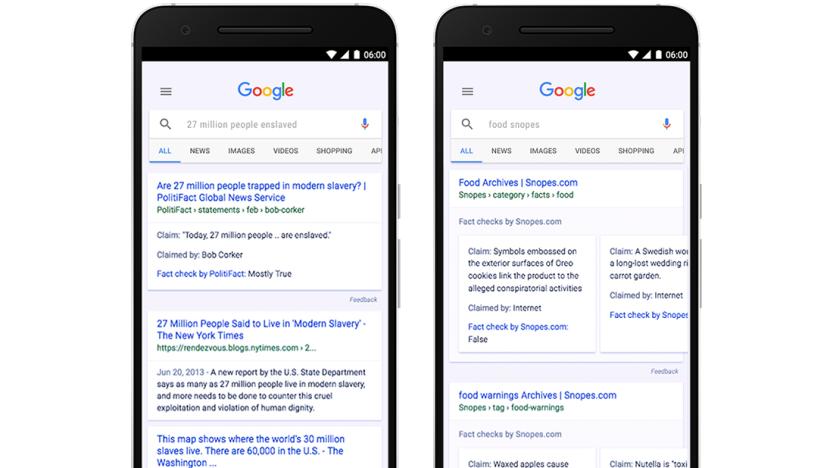
Google will flag fake news stories in search results
Google is taking a stand against dubious and outright 'fake news' by introducing a Fact Check tag in search results. If you ask for information about a highly contested subject, Google will serve a page from a fact-checker site at the top of your results. It's a small breakout box, similar to how Google shows recipes and band discographies. They'll be pulled from publishers like PolitiFact and Snopes, and will show information about the claim, the person who made the claim, and whether they think it's true.
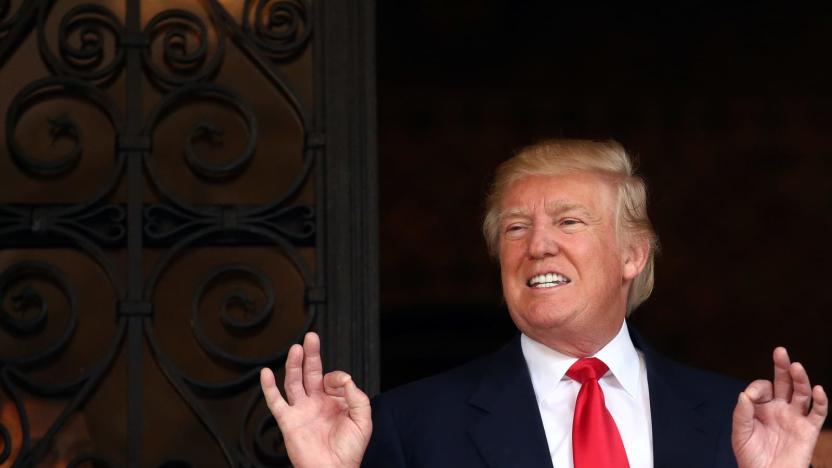
Trump isn't responsible for Sprint bringing 5,000 jobs to the US
President-elect Donald Trump said he was contacted by Sprint executives today and told that the company was making an investment in domestic jobs, according to Reuters and Bloomberg. "Because of what's happening and the spirit and the hope I was just called by the head people at Sprint and they're going to be bringing 5,000 jobs back to the United States," Trump said outside his Mar-A-Lago resort in Florida. "Masa [Son] and some other people were very much involved with that."

Facebook is using third-party fact-checkers to fight fake news
Last month, Facebook CEO Mark Zuckerberg previewed a number of steps the social network would take to combat fake news. Today, the company provided an update on the initiative which starts by making it easier to report a hoax. You can report what you think might be a fake news story by clicking in the top right corner of the post. If enough people do just that, Facebook will send the link to a third-party fact-checker to determine if it really is fake.

Full Fact wants to automate fact checking to fight fake news
"If we can't discriminate between serious arguments and propaganda, then we have problems." That's President Obama speaking to the threat of outright fake and inaccurate news. In an effort to combat this, and ensure that people are well-informed, UK charity Full Fact is trying to make fact checking fully automated. So far it's working on UK-focused stuff like what members of Parliament say during addresses, and claims made by trade groups in addition to print, online and broadcast media organizations, according to TechCrunch. But in the future, it plans to cross the Atlantic.











